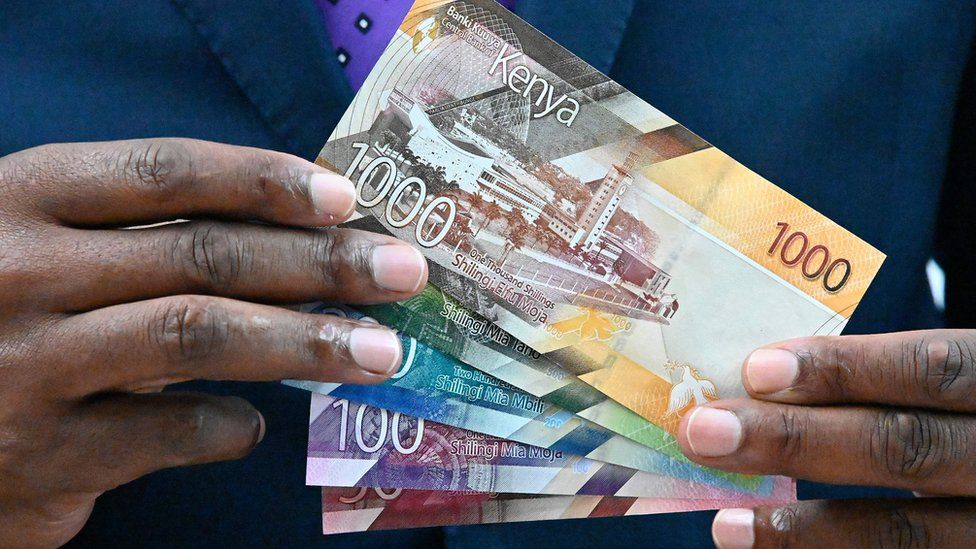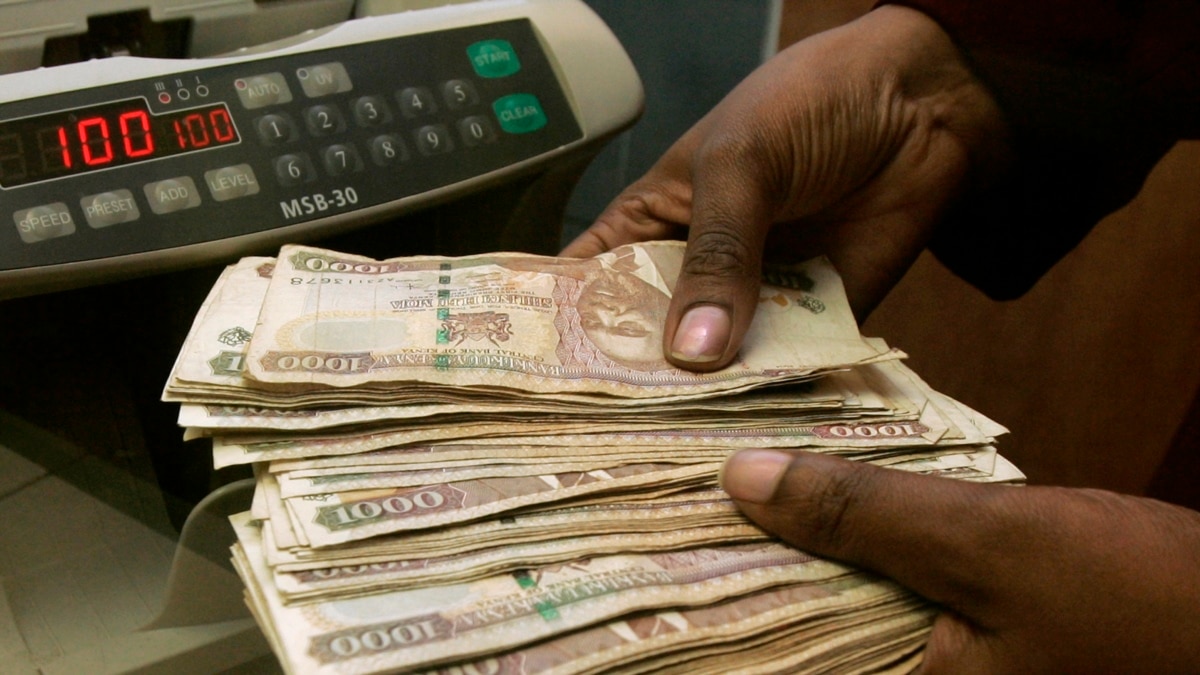
The Finance Act of 2023 is a revolutionary measure within Kenya’s constantly changing fiscal policy landscape. The government has devised a plan to increase revenue collection by using domestic taxes instead of the traditional method of borrowing from outside sources. This momentous change has brought many tax reforms to strengthen the nation’s domestic financial position.
While there have been intense discussions on the benefits and drawbacks of these revolutionary tax changes, remittances from the diaspora—an essential source of income—seem to have been overlooked. The Central Bank of Kenya’s most recent data presents an impressive image. Remittance inflows into Kenya have increased tenfold during the last 15 years, and in 2021, they will hit an all-time high of USD 3.7 billion. By the time we get to March 2023, the data for cumulative inflow have increased even further to $4.02 billion from $3.912 billion in the same month in 2022.
Experts frequently point to taxes and loans as Kenya’s primary sources of income, but we also need to consider the growing importance of remittances from the diaspora as a source of foreign cash. These remittances have increased over the past ten years to account for over 3 percent of Kenya’s GDP (GDP).
The government recognizes the ability of the diaspora to promote economic development. The government’s determination to utilize this resource has been demonstrated by creating the State Department for Diaspora Affairs and the Ministry of Foreign and Diaspora Affairs. Remittances from the diaspora have distinguished themselves as the top source of foreign exchange earnings by surpassing traditional exports, including tea, coffee, and horticulture.
Alongside the tax debate sparked by the Finance Act, domestic and international living expenses have become a key concern for most Kenyans. This shows that many domestically and overseas Kenyans need help with lower disposable earnings and less money available for investments or savings.

Remittance routes’ cost-effectiveness is crucial for Kenya’s diaspora population to ensure their hard-earned money makes the best returns possible. Most remittances from the diaspora to Kenya come via official channels, including banks, mobile money providers, and money transfer businesses. To keep ahead of the curve means finding trustworthy banking institutions that relieve the financial strain brought on by exorbitant fees, hidden charges, and lengthy transfer times—pain points that have afflicted many people in the diaspora community.
Choosing a bank that charges no fees for inward remittances becomes crucial in the context of the Finance Act’s extensive tax regime. By taking this action, people can avoid financial double jeopardy by paying taxes on the one hand and protecting their money from pointless bank fees on the other.
In other words, there is a critical relationship between remittances from the diaspora and Kenya’s financial situation. As the government sets out to become self-sufficient through domestic income collection, remittances from the diaspora offer an unexplored resource that has the potential to strengthen the country’s economic position. In addition, for expatriates, maximizing remittance channel efficiency guarantees that their hard-earned money reaches its destination and has a significant influence back home.
[Source: Business Daily – http://tinyurl.com/xprbp4]



